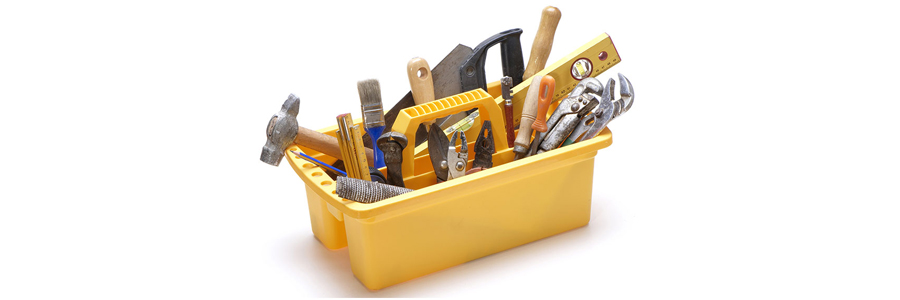The difference between non-standard fasteners and standard parts - PTJ Shop
The difference between non-standard fasteners and standard parts
| Non-standard fasteners refer to fasteners that do not need to correspond to the standard, that is, fasteners that do not have strict standard specifications, can be freely controlled and matched, usually by the customer to make specific requirements, and then by the fastener manufacturer Based on these data and information, general non-standard fasteners are manufactured at a higher cost than standard fasteners. There are many types of non-standard fasteners, precisely because of the characteristics of non-standard fasteners, it is difficult to classify non-standard fasteners. |
 The biggest difference between standard fasteners and non-standard fasteners is whether there is standardization. The structure, size, drawing, marking and other aspects of standard fasteners have strict specifications set by the state, and the commonly used zeros are produced by professional factories. (partial) parts, common standard fasteners are threaded parts, keys, pins, rolling bearings, and so on.
The biggest difference between standard fasteners and non-standard fasteners is whether there is standardization. The structure, size, drawing, marking and other aspects of standard fasteners have strict specifications set by the state, and the commonly used zeros are produced by professional factories. (partial) parts, common standard fasteners are threaded parts, keys, pins, rolling bearings, and so on.
Non-standard fasteners are different for each mold. The parts on the mold that are in contact with the product glue position are generally non-standard parts. The main ones are front mold, back mold and insert. It can also be said that except for screws, faucets, thimbles, aprons, springs, and the remaining molds are almost all non-standard fasteners. If non-standard fasteners are to be purchased, the manufacturer should generally provide design input such as technical specifications and draft drawings. The supplier will evaluate the difficulty of implementing non-standard fasteners and estimate the production of non-standard fasteners. Cost, batch, production cycle, and more.
|
PTJ Machining Capabilities |
|
Automatic Bar Machining – Multi-spindle cam automatic screw machines CNC Turning – CNC delivers peak cost efficiency in shorter volumes, as well as high capacity production of mechanically simple components Custom Machining - with up to 12 axes of control Multi Spindle Machining- ISO 9001:2015 certified Screw Machine Products – The number of customized production parts per hour can reach 10000pcs Swiss Machining – with up to 9 axes of CNC control, to produce precision components with complex geometries in one operation High Volume Machining – 100 Advanced Production Turning Bar Automatics On-line and Ready CNC Milling - Machining Fully compliant with the exacting requirements of our customers 5 axis (11 axis) Machining – Tolerance | 0.1mm alignment |
What Can we help you do next?
∇ Get more information about cnc machining Shop
→Case study-Find out what we have done.
→Ralated tips about cnc machining services
By PTJ Manufacturing Shop|Categories: Blog|Tags: cnc milling services, cnc turning services, milling parts, turning parts, machining parts, special parts,faqs,technical news,company news,material news |Comments Off
